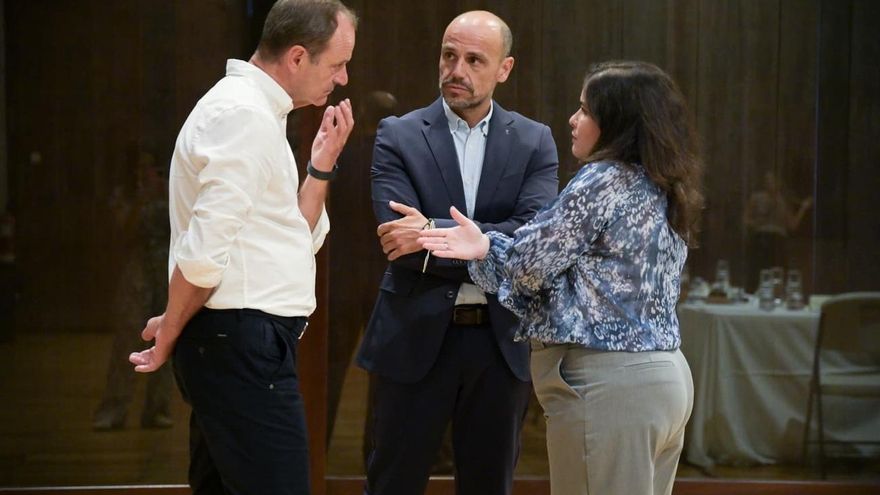Canary Islands Government and Municipalities Unite to Address Housing Crisis
In a significant move to tackle the archipelago’s severe housing crisis, the Canarian government and local municipalities are forming an alliance to curb the purchase of properties by foreign buyers. The goal is to create more opportunities for residents of the Canary Islands to access housing.
Consensus Reached for a New Legal Working Group
Following a “very productive meeting” this Tuesday between the Canarian Federation of Municipalities (Fecam) and the President of the regional government, Fernando Clavijo, a consensus was reached to establish a legal and technical working group. As stated by the president of Fecam and mayor of Candelaria, María de la Concepción Brito, this group will advance a proposal for a potential modification of the national Ley de Bases de Régimen Local (Basic Law on Local Government).
Empowering Municipalities with New Tools
The purpose of this reform is to broaden the powers of local councils in key areas such as urban planning, tourism policy, taxation, and municipal registration. A primary objective is to analyze and potentially regulate foreign access to the housing market to favor Canarian residents. President Brito clarified that the approach is still under consideration, noting, “We will have to see if it is a limitation or if it is a regulation.” The aim is to make town halls “main actors when it comes to having legislative tools that we can intervene with, that we can act upon.”
A Tailored Approach for Diverse Islands
Brito emphasized the need to equip municipalities with these tools, highlighting the unique characteristics of each. “The Canary Islands municipalities are not the same; they are different, they have their singularities,” she said. Therefore, the strategy is to allow each town hall or region to “use the tools according to their specific reality.” This could mean limiting purchases in some overpopulated areas while potentially incentivizing them in others suffering from depopulation, directly addressing the extreme pressure on rental prices in popular zones.
Broader Stance on Key Municipal Issues
Beyond the reform of the Local Government Law, Fecam also reiterated its position on other key issues for Canarian municipalities, such as the draft law on holiday rentals. Brito expressed satisfaction with the reception of the amendments presented by various political groups, though she noted that “there are still three or four nuances that we have conveyed to the Government… for them to be addressed in the current parliamentary process.”
These amendments seek to avoid duplication of powers between island councils (cabildos) and town halls and to clarify the application criteria for the law on classified activities. They also aim to simplify the review process for consolidating holiday home applications, confining the role of municipalities to legal compliance and the change of use from residential to tourist through provisional ordinances.
Active Participation in Tourism and Security
Regarding the Tourism Ordinance Law, Fecam showed keen interest in actively participating in the working groups discussing its modification. Other pressing concerns include beach safety and the coordination of local police forces, with both topics already having draft proposals in the works. A modification to the Canarian fund for municipal financing was also proposed to facilitate easier access to local funding.
A Crucial Step for the Future
Brito concluded that the meeting was highly productive for putting a “far-reaching national legislative modification on the table,” which is considered crucial for the future of Canarian local governance. From the regional government’s perspective, it is understood that through a modification of the Local Government Law and their own policies, municipalities would have the capacity to establish “more difficulties in the purchase of housing” for foreigners, a direct response to the archipelago’s ongoing housing challenges.

